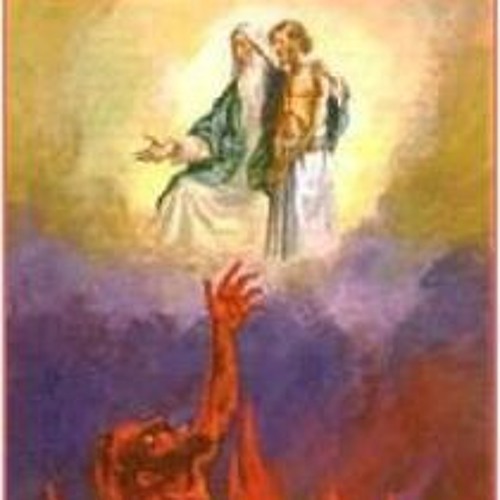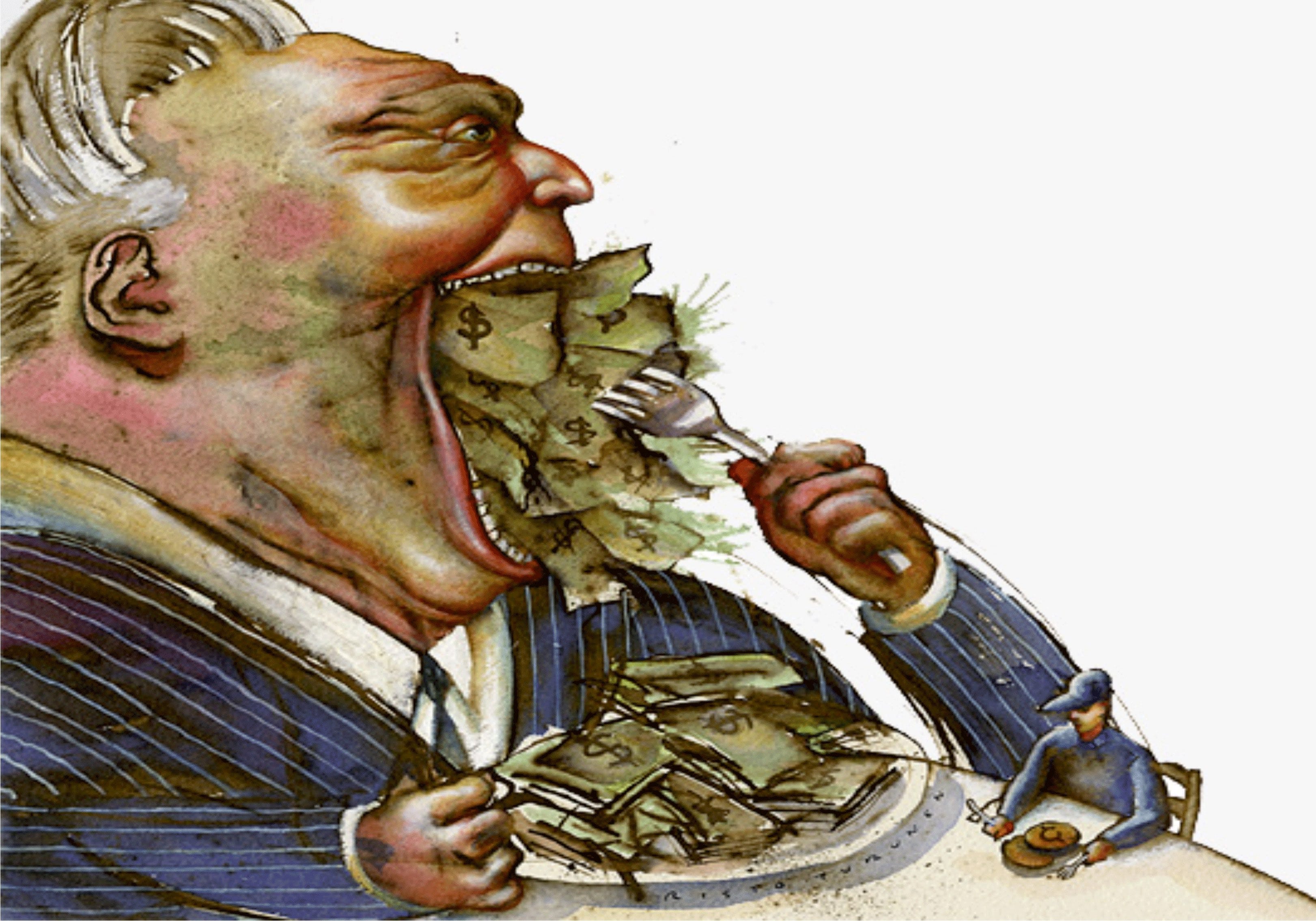The Second Reading today is fascinating. St Paul is in prison and contemplating his impending execution: "As for me, I am already being poured out as a libation, and the time for my departure has come." (2 Tim 4: 6) Yet, it is not Paul who is getting scared, rather, it is Timothy who is struggling with his mission: "... for God did not give us a spirit of cowardice, but rather a spirit of power and of love and of self-discipline. Do not be ashamed, then, of the testimony about our Lord or of me his prisoner, but join me in suffering for the gospel, relying on the power of God." (2 Tim 1: 7-8) Around the world Catholics are suffering for their faith along with many other Christians. Yet, here we are, in a land of peace and plenty, feeling shy, timid and disconsolate as we contemplate our place in New Zealand society. In this Extraordinary Month of Missions, called for by Pope Francis, we need to rely on the power of God to be missionary disciples in our own families and communities. Encouraged by the example of St Paul and the missionary zeal of Venerable Suzanne Aubert, whose Celebration Day it is today, let us search for ways to witness to our Catholic faith and bring others to encounter Jesus Christ, who is our wisdom from God, righteousness, sanctification and redemption (cf. 1 Cor 1: 30). We can only do this if we appreciate the great patrimony of faith for what it is: "... we have this treasure in clay jars, so that it may be made clear that this extraordinary power belongs to God and does not come from us." (2 Cor 4: 7) This means we need to hold on to the reliable teaching of the Church and be docile to the Holy Spirit who will direct us in prayer and action: "Hold to the sound teaching that you have heard from me, in the faith and love that are in Christ Jesus. Guard the good treasure entrusted to you, with the help of the Holy Spirit living in us." (2 Tim 1: 13-14)


